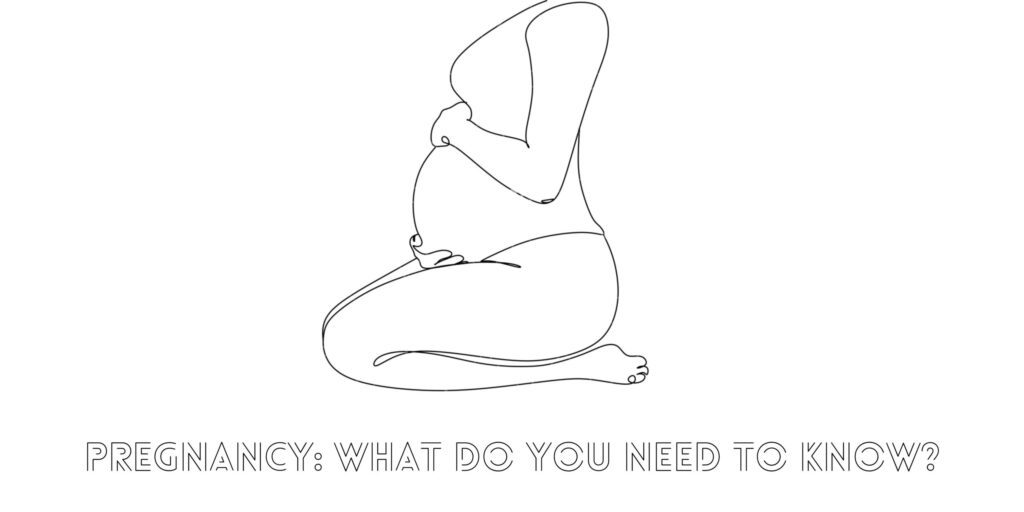Surprising facts about pregnancy
The surprising facts about pregnancy are discussed precisely in this article. Before, during, and after pregnancy, it’s important to provide good care for the pregnant mother. It might help the child grow and develop and keep both mother and child healthy. It is the best way to ensure the child starts healthy.
The uterus and other parts of the body, particularly the kidneys, get more blood because pregnant women have more blood in their bodies. The extra volume increases blood flow to the arteries and makes the oil glands produce more oil.
Some women get spots on their faces that are red or yellow. This is called chloasma, or the “mask of pregnancy.” The “linea nigra” or “linea negra” is a dark line that can be seen in the middle of the lower abdomen by some people. They may also get hyperpigmentation, which is a darkening of the skin on the genitalia, anal area, and nipples. This is because hormones in pregnancy cause the body to make more pigment.
Varicose veins happen when blood pools in veins that have grown bigger because of pregnancy hormones. This usually occurs in the legs and genital area. Most women don’t have varicose veins after giving birth.
The following tips will help pregnant women stay away from varicose veins:
- Raise your feet when you sit.
- Wear a support hose.
- Wear comfortable clothes.
- Avoid standing or sitting for too long periods.
Amazing facts about pregnancy
During pregnancy, numerous women notice changes in the way their hair grows and how it is structured. Hormones could make hair grow faster and fall out less often. But these changes rarely last for a long time. Many women have hair loss after childbirth or when they stop nursing.
The nesting instinct is one of the surprising facts about pregnancy. Many pregnant women have a strong urge to clean and decorate their house to get ready for the baby. This is called the nesting instinct.
As the due date gets closer, the pregnant lady may find herself doing things she never thought she’d do in her ninth month, like cleaning cabinets or scrubbing walls. This push to get the house ready could be helpful because she’ll have less to do after the baby comes. But she should be careful not to do too much.
Constipation is another common problem for women who are pregnant. Hormones in the body during pregnancy make it harder for food to move through the human digestive system. Eating a diet high in fibre, drinking a lot of water daily, and working out regularly may all help keep BMs regular.
Interesting truths about pregnancy
Even if the pregnant woman can’t wear any of the clothes she wore before pregnancy, she still has her shoes. Perhaps — but perhaps not. Many pregnant women have swollen feet and must wear bigger shoe sizes because their bodies hold more fluid. In the summer, slip-on shoes that are a size or two bigger might be more comfortable.
Problem with concentration is one of the surprising facts about pregnancy. In the first trimester, fatigue and morning sickness might make many women feel tired and foggy-headed. But even well-rested pregnant women might have trouble concentrating and forget things.
Changes in hormones and how much the pregnant women think about the baby also play a role. Everything, like work, bills, and doctor’s appointments, may seem small compared to the baby and the upcoming birth. They might find that making lists helps them remember important dates and times.
A lot of pregnant women feel depressed during their pregnancy. They should see a doctor if they have trouble sleeping, change the way they eat or have mood swings for more than two weeks.
Pregnancy realities
During pregnancy, a woman’s body makes a hormone called relaxin, which is thought to help get the pubic area and cervix ready for birth. Relaxin loosens the body’s ligaments, making them less stable and more likely to get hurt. It’s easy to overstretch or strain their joints, especially those in their pelvis, lower back, and knees. They should not move quickly or jerk when they work out or lift things.
Mood swings are encompassed in the surprising facts about pregnancy. Premenstrual syndrome is a lot like being pregnant in a lot of ways. The hormones change, the breasts get bigger and more sensitive, and they may have mood swings. If they have PMS, their moods are more likely to change during pregnancy. PMS can make them feel happy one minute and make them cry the next.
Some pregnant women forget things and have trouble remembering things. This is called “pregnancy B.” When a woman is pregnant, she is in for many surprises, but none will be as sweet as holding her baby for the first time.



